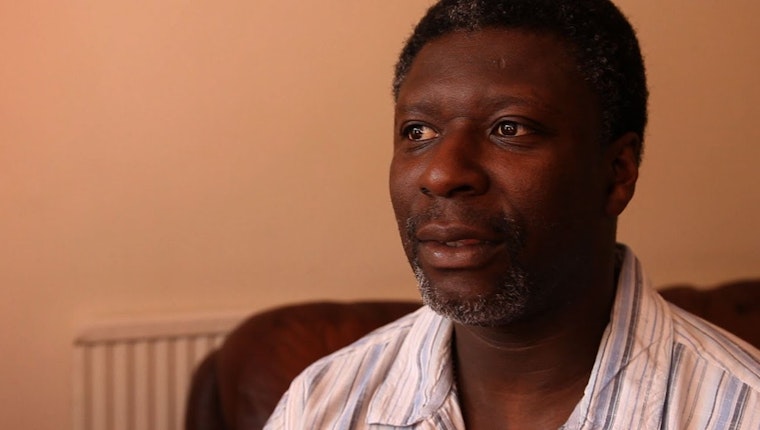Why Police Profiling Is Not Just a New York Problem
By Indira Goris

“The Scars of Stop-and-Frisk,” a new video featured this week on the New York Times Op-Doc website, highlights the costs imposed on innocent young Black and Latino men in New York by using high-intensity street checks on individuals in a bid to reduce violence in high-crime neighborhoods.
Tyquan Brehon tells his own story in the video: how he has been stopped more than 60 times; how the experience destroyed his sense of personal security, as well as his confidence in the police, and damaged his education. But this is not just a New York story. In London, Madrid, Amsterdam, Paris, and in big cities and small towns throughout Western Europe, young men of color are subjected to similarly discriminatory police stops, contributing to a profound sense of alienation not just from the police, but from society at large.
For the past three months, the Open Society Justice Initiative has been interviewing people in the United Kingdom, France, Netherlands, and Spain, trying to capture the human experience of being subject to this kind of treatment by the police, and the effects these have had on their everyday lives. Paul Mortimer, for instance, a footballer who played midfield for Crystal Palace and Charlton Athletic, a married man with four children and who lives in a prosperous South London suburb, told us of being humiliated in front of his family (see video above). A 32-year old elected official in Paris, Adji Ahoudian, told us how he was stopped and searched by police on his way home from his first council meeting. In the Netherlands, Sidney Mutueel, a black senior advisor to the police force, told us how he had been pulled over while driving, for no good reason other than his ethnicity.
In the UK, the disproportionate targeting of Blacks and South Asians is captured annually in official statistics as stark as anything in the United States—under ordinary police stop and search powers, Blacks are seven times and Asians are two times more likely to be stopped than Whites. The racial disproportion of police stops carried out using extraordinary police powers is even worse: under “Section 60” stops, blacks are 37 times and Asian people are 10 times more likely to be stopped than Whites. In France, the police does not currently keep any data on who they are stopping, although the new Socialist government of Francoise Holland has pledged that this will change.
In Europe, as in New York, those fortunate to escape undue police scrutiny—people who are white, people who have the correct kind of name and who live in low crime neighborhoods—often fail to appreciate its impact. To many, the victims of ethnic profiling are nameless and faceless, a small minority complaining of legitimate police work designed to fight crime, terrorism, and undocumented migration.
But as communicated to us by dozens of people, this is simply not true. Ethnic profiling exacts a high price not only on its victims, who feel targeted and ultimately rejected because of the color of their skin, but also for police officers, who must contend with increasingly hostile communities, whose personal experiences make them unlikely to ever cooperate with law enforcement efforts.
Indira Goris is director of administration with the Open Society Justice Initiative.